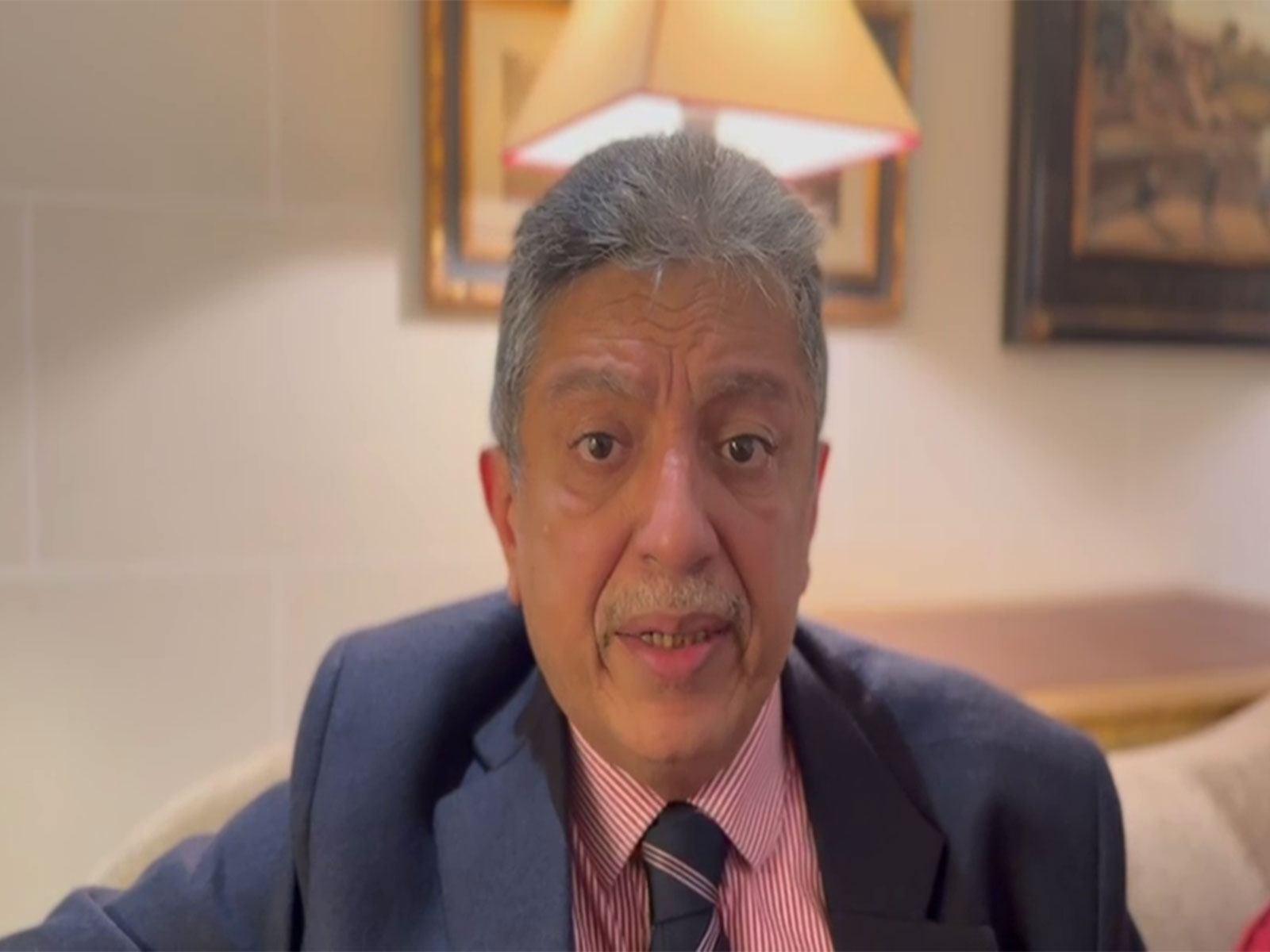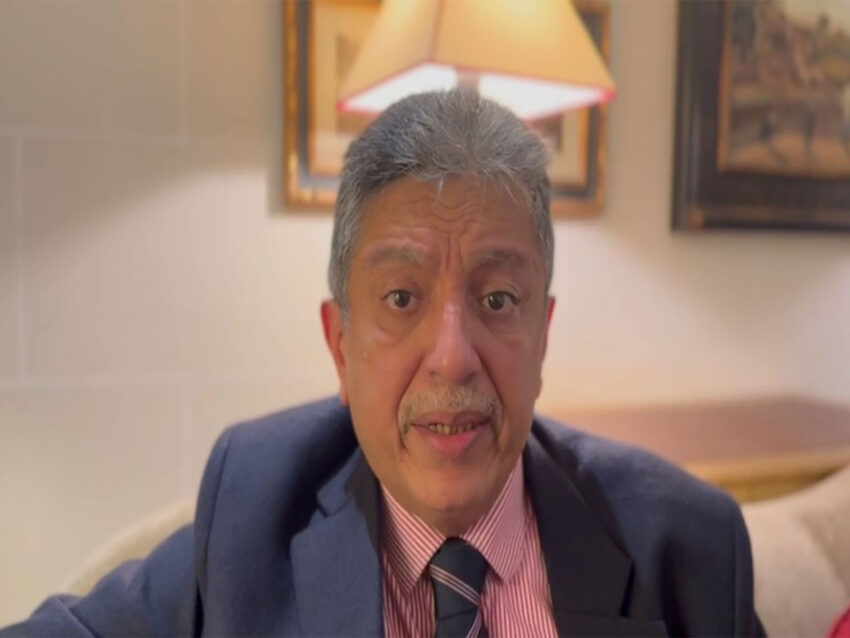
Geneva [Switzerland], September 16 (ANI): Arif Aajakia, a well-known human rights defender and Executive Director of the Asian Human Rights Forum, has strongly criticised Pakistan for what he describes as ongoing human rights violations and systemic exploitation of ethnic minorities and marginalised provinces.
Speaking during a recent address, Aajakia alleged that the situation in Balochistan amounts to genocide. “Balochistan is an occupied nation. Its people are facing both physical and economic genocide,” he said.
According to him, the province, which is rich in natural resources, is being exploited by the Pakistani state with the support of the Chinese Communist Party. “All the resources are being looted, and the local Baloch population receives nothing. When they resist, they are met with brutal repression by what he called ‘Pakistan’s terrorist army, the Punjabi army” he added.
Aajakia further claimed that enforced disappearances, including those of women and children, are widespread in Balochistan, and that no meaningful human rights protections exist in the region.
Turning his attention to Khyber Pakhtunkhwa (KP), Aajakia alleged similar patterns of state repression against the Pashtun population. He pointed to the harassment faced by members of the Pashtun Tahafuz Movement (PTM), led by Manzoor Pashteen, and accused the military of targeting civilian populations under the guise of counter-terrorism. “Checkposts are set up every 25 kilometres, where Pashtuns are often humiliated, looted, and abducted. Their bodies are later found dumped on the roadside,” he said.
He also accused Pakistan’s military of creating Tehrik-e-Taliban Pakistan (TTP) for use in the Kashmir conflict, which he said eventually turned on the state, leading to intensified military operations in KP. “The people are paying the price for the state’s own creation,” he stated.
In Sindh, Aajakia alleged economic exploitation and political suppression. He said that while the province generates over half of Pakistan’s national revenue, it receives little in return. “Karachi has no mass transit system, broken roads, and no proper water supply. Meanwhile, Lahore is developed using the resources of Sindh, KP, and Balochistan,” he said.
He blamed the Pakistan People’s Party (PPP) leadership in Sindh for collaborating with the military establishment in what he termed the “looting” of Sindh’s resources.
Aajakia also addressed the situation in Pakistan-occupied Jammu and Kashmir (PoJK) and Pakistan occupied Gilgit-Baltistan, accusing the Pakistani state and Chinese companies of exploiting local natural resources without benefiting local populations. “People have been protesting for over a year, and yet they see no justice, no infrastructure, and no development,” he said.
The Pakistani government has routinely denied allegations of systemic human rights abuses in these regions, insisting that it is working for development and countering terrorism. However, Aajakia’s remarks reflect the growing criticism by diaspora activists and international human rights bodies of Pakistan’s internal policies, especially in restive provinces. (ANI)


